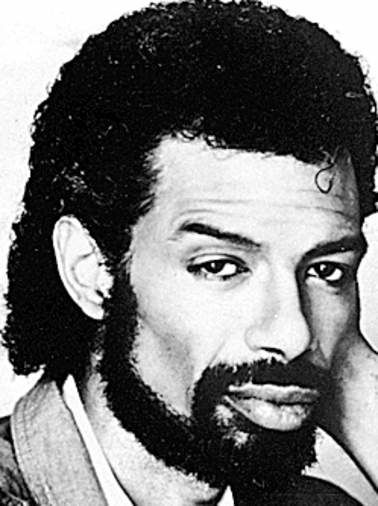Gil Scott-Heron, voice of protest, music pioneer, 62
Published 5:00 am Sunday, May 29, 2011

- Gil Scott-Heron
Gil Scott-Heron, the poet and recording artist whose syncopated spoken style and mordant critiques of politics, racism and mass media in pieces like “The Revolution Will Not Be Televised” made him a notable voice of black protest culture in the 1970s and an important early influence on hip-hop, died on Friday at a hospital in Manhattan. He was 62 and had been a longtime resident of Harlem.
His death was announced in a Twitter message on Friday night by his British publisher, Jamie Byng, and confirmed early Saturday by a U.S. representative of his record label, XL. The cause was not immediately known, although The Associated Press reported that he was admitted to St. Luke’s-Roosevelt Hospital Center after becoming ill upon his return from a trip to Europe.
Scott-Heron often bristled at the suggestion that his work had prefigured rap.
“I don’t know if I can take the blame for it,” he said in an interview last year with the music website The Daily Swarm. He preferred to call himself a “bluesologist,” drawing on the traditions of blues, jazz and Harlem renaissance poetics.
Yet, along with the work of the Last Poets, a group of black nationalist performance poets who emerged alongside him in the late 1960s and early ’70s, Scott-Heron established much of the attitude and stylistic vocabulary that would characterize the socially conscious work of early rap groups like Public Enemy and Boogie Down Productions and has remained part of the DNA of hip-hop by being sampled by stars like Kanye West.
“You can go into Ginsberg and the Beat poets and Dylan, but Gil Scott-Heron is the manifestation of the modern word,” Chuck D, the leader of Public Enemy, told The New Yorker in 2010. “He and the Last Poets set the stage for everyone else.”
Scott-Heron’s career began with a literary rather than a musical bent. He was born in Chicago on April 1, 1949, and was reared in Tennessee and New York, and his precocious work as a writer won him a scholarship to the Fieldston School in the Bronx. Following in the footsteps of Langston Hughes, he went to the historically black Lincoln University in Pennsylvania, and he wrote his first novel at 19, a murder mystery called “The Vulture.” Shortly thereafter, he published a book of verse, “Small Talk at 125th and Lenox,” and a second novel.
Scott-Heron turned to music to reach a wider audience, working at first with a college friend, Brian Jackson. Their first album, “Small Talk at 125th and Lenox,” was released in 1970 on Flying Dutchman, a small label, and included a live recitation of “The Revolution Will Not Be Televised” accompanied by conga and bongo drums. A second version of that piece, recorded with a full band including the jazz bassist Ron Carter, was released on Scott-Heron’s second album, “Pieces of a Man,” in 1971.
“The Revolution” established Scott-Heron as a rising star of the black cultural left, and its cool, biting ridicule of a nation anesthetized by mass media has resonated with the socially disaffected of various stripes — campus activists, media theorists, coffeehouse poets — for four decades.
Using a barrage of pop-culture references, Scott-Heron derided society’s dominating forces as well as the gullibly dominated:
The revolution will not be brought to you by the Schaefer Award Theater and will not star Natalie Wood and Steve McQueen or Bullwinkle and Julia.
The revolution will not give your mouth sex appeal.
The revolution will not get rid of the nubs.
The revolution will not make you look five pounds thinner, because the revolution will not be televised, brother.
Other pieces, like “New York Is Killing Me,” “Home Is Where the Hatred Is,” “Angel Dust” and “We Almost Lost Detroit” dealt bluntly with poverty, drug addiction, racism and the lurking catastrophes in industrialized civilization.






